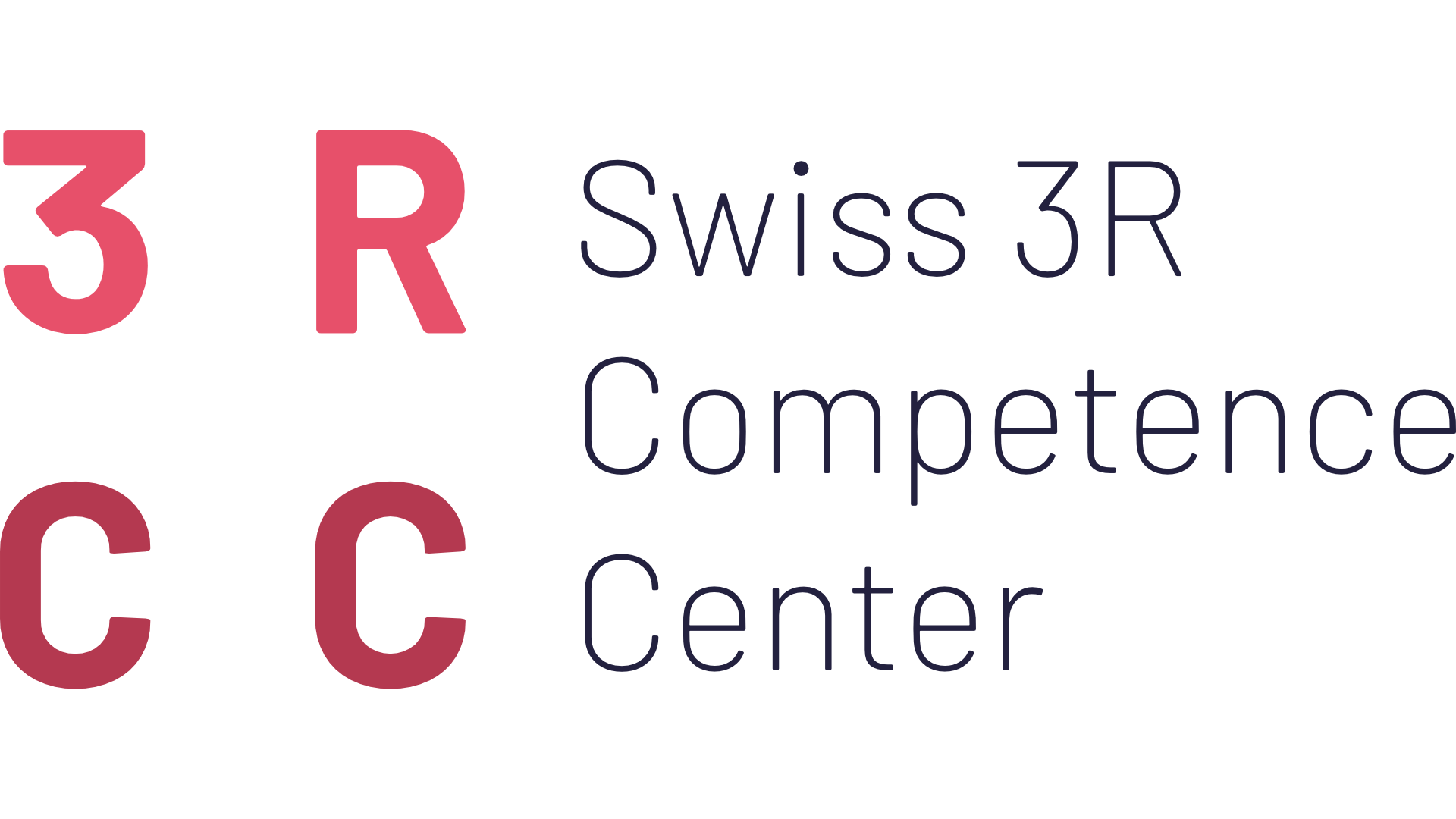Current legislation in Switzerland stipulates that every animal experiment and the keeping of laboratory animals must be authorised. A weighing of interests is carried out for each application for an animal experiment. The expected gain in knowledge is weighed against the burden on the animals. The aim of the authorisation procedure is to keep the number of animals as low as possible, to protect the animals from excessive stress and to define appropriate termination criteria. In addition, those conducting experiments are obliged to report the number of times they have used laboratory animals and to report on completed experiments.
The personnel must have the necessary knowledge, undergo specific training and attend continuing education courses. This legal framework makes it possible to examine animal experiments case-by-case and only approve them if they comply with requirement.
3Rs funding in Switzerland
- The 3Rs Foundation, which preceded the 3RCC, financed research projects with a total amount of about CHF 20 million from 1987 to 2018.
- In 2021 the Swiss government launched the National Research Programme NRP 79 Advancing 3R – Animals, Research and Society to further accelerate the development of 3Rs projects with CHF 20 million until 2028.
- The 3RCC was founded in 2018 with the purpose of further promoting the implementation of the 3Rs principle in science. Its partners include 11 Swiss universities and higher education institutions, the Swiss association of the pharmaceutical industry (Interpharma), the Swiss Federal Food Safety and Veterinary Office (FSVO) and Swiss Animal Protection (SAP). It is funded by the government and Interpharma, and from the member institutions receives in-kind contributions, which have to match the value of the Federal funds.
- The 3RCC is supporting the implementation of the principle in industry and across Swiss universities. Around 20% of animals are used for developing and testing pharmaceutical and chemical products, while the majority (64%) is used in fundamental research. The centre provides research funding, supports education of life science students, monitors progress and provides information and expertise on 3Rs methods and non-animal approaches.
